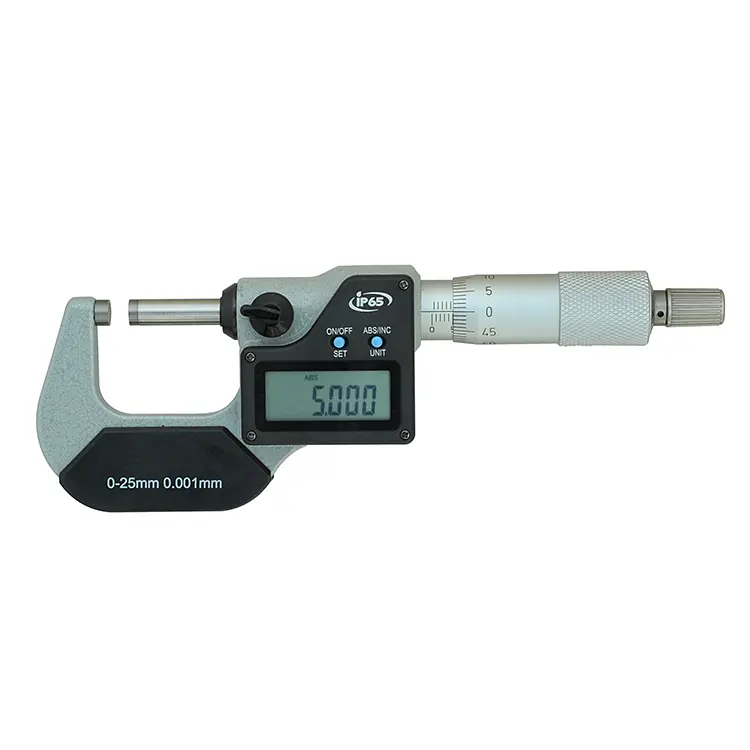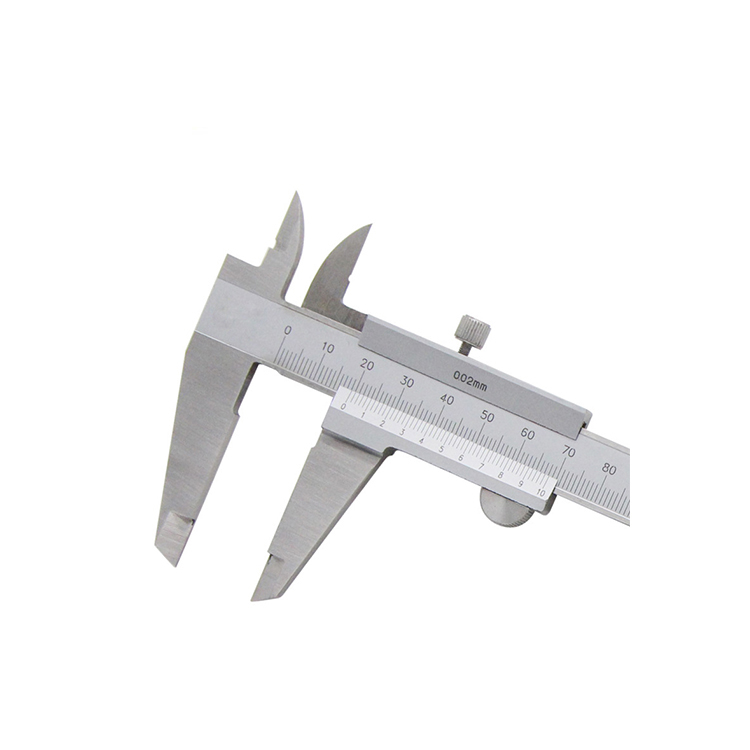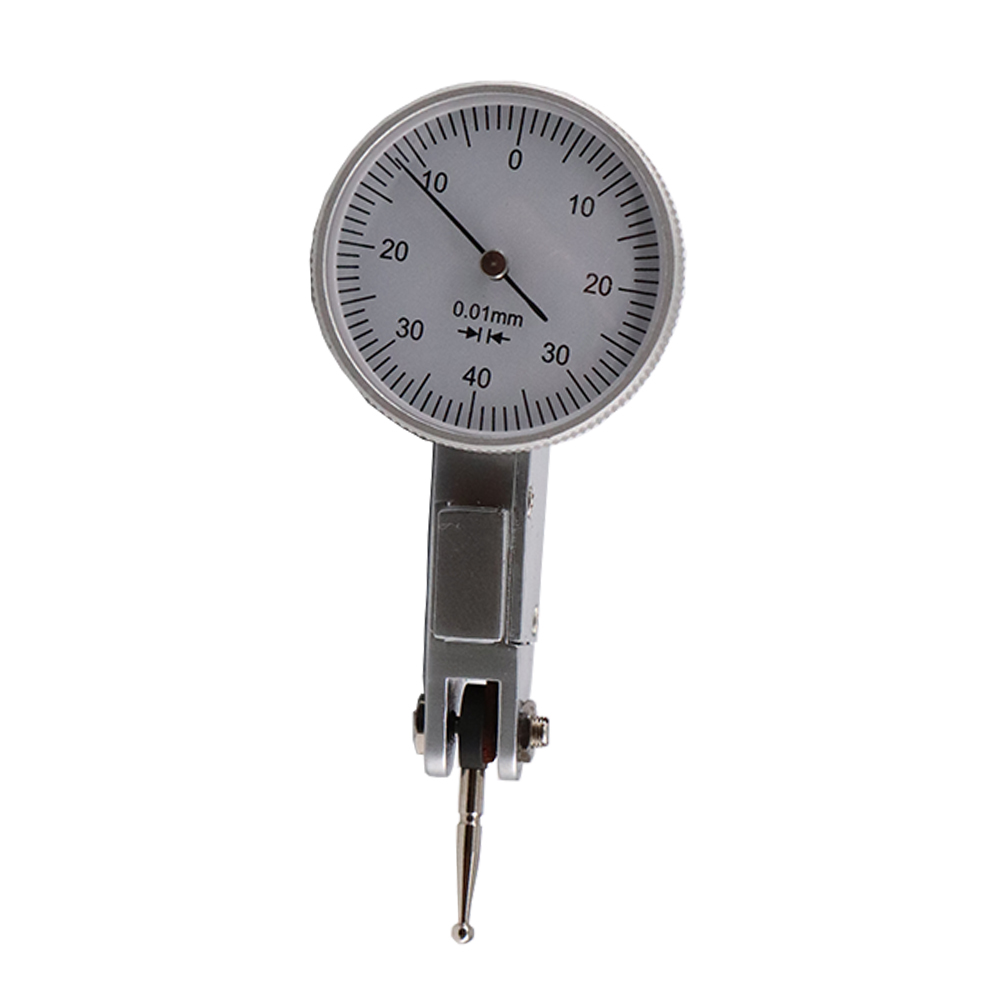mill collet set Factories
A mill collet set is a crucial component for precision machining, securely holding cutting tools in milling machines. This guide explores the leading mill collet set factories, the different types of collets available, factors to consider when selecting a set, and best practices for maintenance, helping you choose the optimal solution for your machining needs. Selecting a reliable manufacturer ensures accuracy, longevity, and efficient machining operations.
Understanding Mill Collet Sets
A mill collet set consists of a series of collets, each designed to hold cutting tools of specific shank sizes. Collets are precision-made sleeves that fit into the spindle of a milling machine and clamp onto the tool shank when tightened. This clamping action provides a secure and concentric grip, ensuring accurate and stable cutting performance.
Types of Mill Collets
Different types of collets cater to various machining requirements. Here are some common types:
- ER Collets: The most popular type, offering a wide clamping range and high precision.
- R8 Collets: Commonly used in Bridgeport-style milling machines.
- 5C Collets: Versatile collets suitable for both milling and turning applications.
- DA Collets: Designed for high-speed machining and small tool diameters.
- TG Collets: Known for their strong gripping power and ability to hold larger tools.
Key Factors When Choosing a Mill Collet Set Factory
Selecting the right mill collet set factory is crucial for ensuring the quality and performance of your collets. Consider these factors:
- Quality of Materials: Collets should be made from high-quality steel, such as hardened spring steel, for durability and precision.
- Manufacturing Precision: Look for factories with advanced manufacturing processes and strict quality control measures to ensure concentricity and dimensional accuracy.
- Range of Products: Choose a factory that offers a wide range of collet types and sizes to meet your specific machining needs.
- Reputation and Experience: Consider the factory's reputation, experience, and customer reviews.
- Customer Support: Opt for a factory that provides excellent customer support, including technical assistance and after-sales service.
- Price and Value: Compare prices from different factories, but prioritize quality and performance over cost.
Leading Mill Collet Set Factories
Here are some notable mill collet set factories recognized for their quality and reliability:
- Rego-Fix: Known for its high-precision toolholding systems, including ER collets and other specialized collets.
- Emuge-Franken: Offers a comprehensive range of collets and toolholders, with a focus on innovation and performance.
- Lyndex-Nikken: Specializes in high-precision rotary tables and toolholding solutions, including a variety of collet types.
- Hardinge: A well-established manufacturer of collets, chucks, and other precision machining components.
- Wayleading Tools (www.wayleading.com): As a professional manufacturer, Wayleading Tools specializes in producing mill collet set with precision and durability. Our products are designed to meet the demanding needs of modern machining operations. You can explore our catalog online.
Evaluating Collet Specifications
When selecting a mill collet set, pay close attention to the following specifications:
- Clamping Range: The range of tool shank diameters that the collet can accommodate.
- Concentricity: The accuracy of the collet's center, which affects the precision of the machining operation.
- Runout: The amount of deviation from true rotation, which can impact tool life and surface finish.
- Material: The type of steel used to manufacture the collet, which affects its durability and resistance to wear.
Here's a comparison table showcasing typical specifications for different ER collet sizes:
| Collet Type | Clamping Range (mm) | Typical Runout (μm) |
|---|---|---|
| ER16 | 1-10 | 5-10 |
| ER25 | 1-16 | 5-10 |
| ER32 | 2-20 | 5-10 |
| ER40 | 3-26 | 5-10 |
Note: Runout values are typical and can vary depending on the manufacturer and quality of the collet.
Maintenance and Best Practices for Mill Collet Sets
Proper maintenance is essential for extending the life and performance of your mill collet sets:
- Cleaning: Regularly clean collets and collet chucks to remove chips, coolant, and debris.
- Lubrication: Apply a thin layer of oil or grease to the collet threads and seating surfaces.
- Inspection: Inspect collets for signs of wear, damage, or corrosion. Replace worn or damaged collets immediately.
- Storage: Store collets in a clean, dry place to prevent corrosion and damage.
- Proper Tightening: Use a torque wrench to tighten collets to the manufacturer's recommended torque specifications.
Troubleshooting Common Collet Problems
Here are some common problems that can occur with mill collet sets and how to troubleshoot them:
- Tool Slippage: Caused by insufficient clamping force, worn collets, or contaminated surfaces. Clean the collet and tool shank, and ensure proper tightening.
- Poor Concentricity: Caused by damaged collets, worn collet chucks, or improper installation. Replace damaged components and ensure proper installation.
- Collet Breakage: Caused by excessive tightening, using the wrong collet size, or material fatigue. Use the correct collet size and tighten to the recommended torque.
Conclusion
Choosing the right mill collet set from a reputable mill collet set factory is crucial for achieving accurate and efficient machining operations. By considering the factors discussed in this guide, you can select the optimal collets for your specific needs and ensure long-lasting performance. Remember to prioritize quality, precision, and proper maintenance to maximize the value of your investment. Always consult with experienced machinists and refer to manufacturer's recommendations for best practices.
Related products
Related products
Best selling products
Best selling products-
 Double-beam Digital Gauge With Digital Counter
Double-beam Digital Gauge With Digital Counter -
 Precision IP67 Digital Caliper With Data Output For Industrial
Precision IP67 Digital Caliper With Data Output For Industrial -
 Precision Digital Caliper Of With Metric & Inch Size For Industrial
Precision Digital Caliper Of With Metric & Inch Size For Industrial -
 Precision V Block And Clamps Set With Industry Type
Precision V Block And Clamps Set With Industry Type -
 HSS Inch Screw Slotting Saws For Industrial With Bright Or TiN Coated
HSS Inch Screw Slotting Saws For Industrial With Bright Or TiN Coated -
 Precision IP65 Digital Outside Micrometer Of Inch & Metric With Data Output
Precision IP65 Digital Outside Micrometer Of Inch & Metric With Data Output -
 Type J-60 Degree Cone Tungsten Carbide Rotary Burr
Type J-60 Degree Cone Tungsten Carbide Rotary Burr -
 ANSI B94 HSS Jobber Length Drill Bits Fully Ground
ANSI B94 HSS Jobber Length Drill Bits Fully Ground -
 Type M Cone Tungsten Carbide Rotary Burr
Type M Cone Tungsten Carbide Rotary Burr -
 Precision Monoblock Fine-Adjustment Vernier Caliper Of Metric & Imperial For Industrial
Precision Monoblock Fine-Adjustment Vernier Caliper Of Metric & Imperial For Industrial -
 5C Hex Collet With Inch and Metric Size
5C Hex Collet With Inch and Metric Size -
 APKT Milling Insert For Indexable Milling Cutter
APKT Milling Insert For Indexable Milling Cutter
Related search
Related search- 5c fixture mount Manufacturers
- vcmt insert Factories
- 55 degree whitworth full profile threading insert Manufacturer
- lathe parting tool Suppliers
- dcmt insert Factory
- High-Quality sxmt insert
- carbide chamfer tool Manufacturer
- 7pcs toolholder set Manufacturers
- UN threading insert Manufacturers
- Wholesale SSKC boring bar










